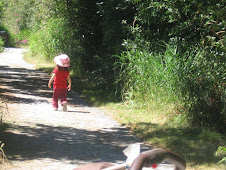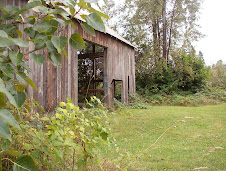Are our memories always accurate? If you ask your sister or brother about an incident in your lives as children would they remember it as you have? It is quite likely that their memory will be quite different from yours Why is this?
We all have memories; good and bad, old and new, accurate and otherwise. For seniors, unable to be active either because of health problems or lack of desire, their memories are very much a part of the person they are. It is their entertainment while they remember past experiences and it is part of the stories they tell. But are these stories true? Memories for children also have an important place in their lives. Their memories, in part, form the basis of their characters and personalities. For all of us, memories are important. But if they are not accurate, how can they play such an important part in our lives?
Some of us remember things with humour, even if the original happening was not funny; others remember a story more negatively or positively than others. Often, another person will have no memory of a situation because to them it was not as important as you had felt it to be. What we remember and how we remember can tell a lot about who we are.
When I write a story about my childhood memories, my brothers will often accuse me of making it up. Although my two brothers and I are within three years, we often remember our childhood in very different ways. I find this difficult to understand when we are so similar in ages.
One such memory was from when I was eleven years old. I organized and put on a carnival in our yard for the neighbours. My plan was to earn money for materials so my grandfather could build me a playhouse. This is a very prominent memory for me. I recently discovered that my older brother had no recollection of it at all although my younger brother did remember that his old toys went into the fishing game. Because the carnival was important to me I remembered it vividly; my younger brother had a vested interest because his old toys were used, so he remembers it also; but my older brother had no particular involvement so he had no personal memory of it at all. To him it had no significance in his life and therefore there was no memory of it. And my mother remembered it because she had a lot of work to do with my great idea.
Another episode happened at a recent get together. My younger brother claimed that our father used to hit him. My older brother and I were aghast; our father never hit any of us at any time. Our brother insisted and it was evident he sincerely believed his story or he'd never have mentioned it to us. I repeated the conversation to my mother. "Are you sure he wasn't talking about me?" she asked. She was correct with her memories because my older brother and I both remember our mother becoming very angry with the younger brother at times and occasionally giving him a swat or two. The younger brother's memory is completely contradictory to my brother, mother and I. Why does he have this completely erroneous memory, we wondered? And when did he start to build it? My older brother thinks he may have this 'memory' as justification for not visiting our father when he was dying in the hospital and now believes his own story. We will never know. But we do know our father never hit him.
The three of us, four including our mother, have quite different memories of our grandfather also; and each memory portrays him in quite a different way. I believe that each of our personalities have a bearing also on how we view different sitiations. As a result, this will no doubt affect how we will remember things that happen to us.
So when family stories are passed down from one generation to another, can we believe them to be true memories? Or are they just stories that will change through the generations? Whatever they are, memories are an important part of the person we are whether they are accurate or not because we each believe in the accuracy of our own memories.
Monday, January 25, 2010
Subscribe to:
Post Comments (Atom)





















































































No comments:
Post a Comment